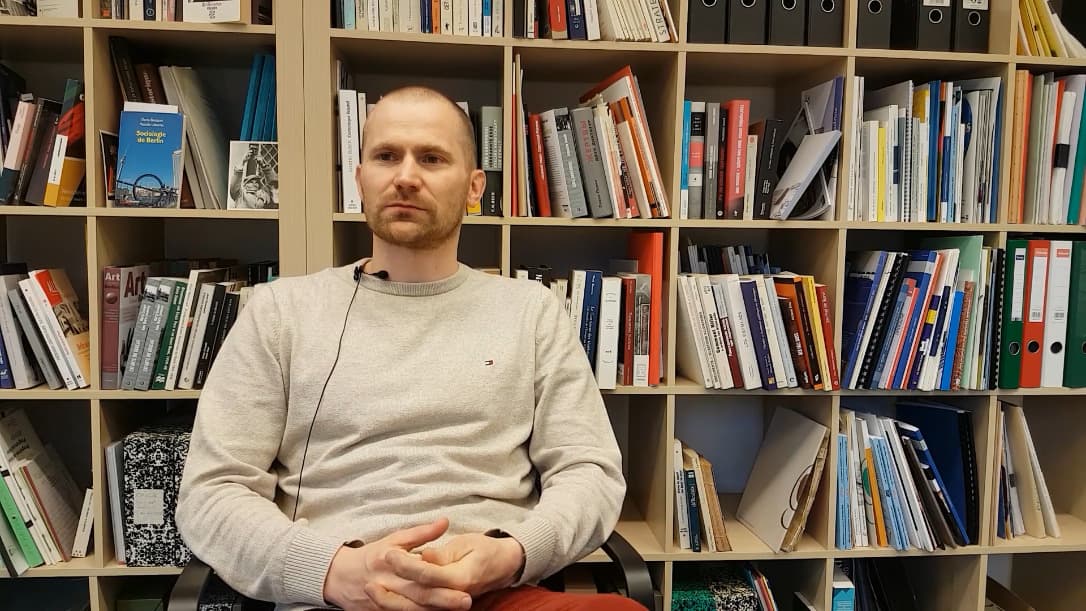Research Infrastructures are Vital in Providing Hands-on training
- Authors
Building on an unusual interdisciplinary background that combined computer science and literature in equal measure, Frank Fischer found his place in the digital humanities. In this video, he explains how his background has enabled him to understand ‘both sides’ of a digital humanities project - i.e. the humanities and the technical. He discusses the distinction between formal and informal education, arguing that the more ‘alternative’ teaching methods used in the digital humanities (workshops, summer schools etc) are crucial in developing new skills. Finally, he discusses how research infrastructures are vital in providing this kind of hands-on training, since they synthesise the ‘social’ and the ‘technical’.
This is part of a series entitled ‘What is the Role of Training and Education in Research Infrastructures?’. DARIAH Director Toma Tasovac spoke to fellow DARIAHns and colleagues from prospective DARIAH countries about their own educational backgrounds and the role of training and education in digital research infrastructures. The interviews show that there is no single educational trajectory which produces DH scholars. The diversity of our backgrounds is one of the main strengths of our field.
